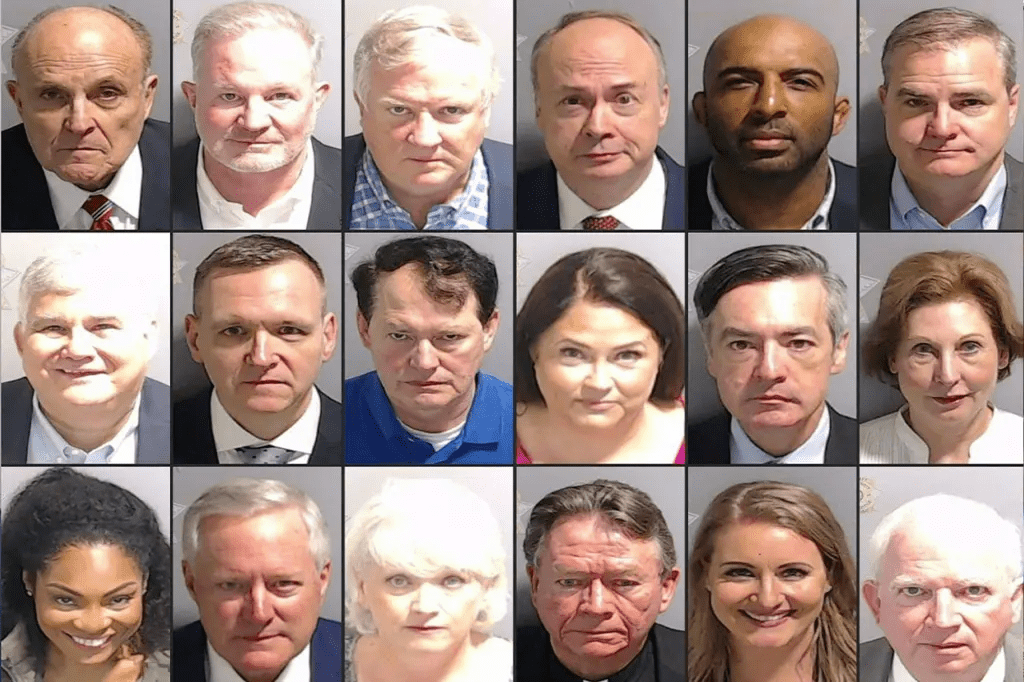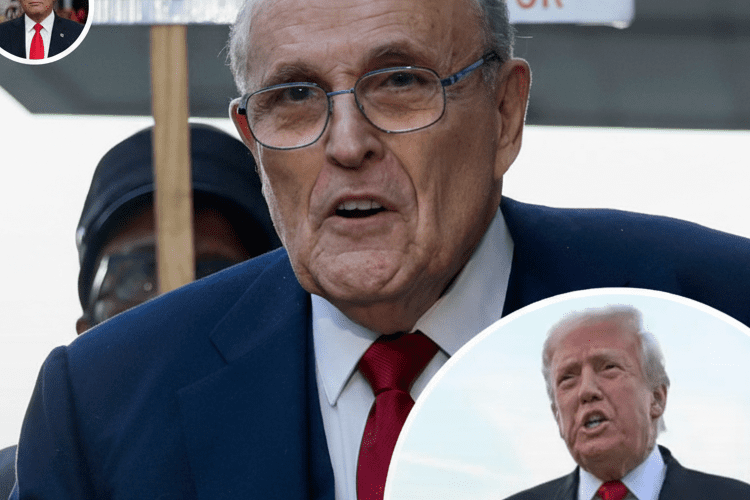Rudy Giuliani Says He Was “Surprised” by President Trump’s Pardon and Claims It Exposes a Two-Tiered Justice System — Exclusive Interview
In an extraordinary turn of events on November 10, 2025, Rudy Giuliani sat down with the New York Post and revealed that he was taken completely off guard when Donald Trump granted him a full, unconditional pardon. Giuliani, the former New York City mayor and one-time personal attorney to Trump, described the gesture as a dramatic conclusion to “a nightmare” and stated plainly: “This pardon decision shows there were two justice systems.”
He explained the shocked reaction wasn’t merely personal. Giuliani said he had not discussed the possibility with the president in recent years and found himself removed from the swirling politics of pardon speculation. “I was surprised. No one can say President Trump can’t keep a secret,” he quipped during the interview. The pardon covers his involvement in the federal probe connected to the aftermath of the 2020 election and attempts to challenge the outcome of that contest.
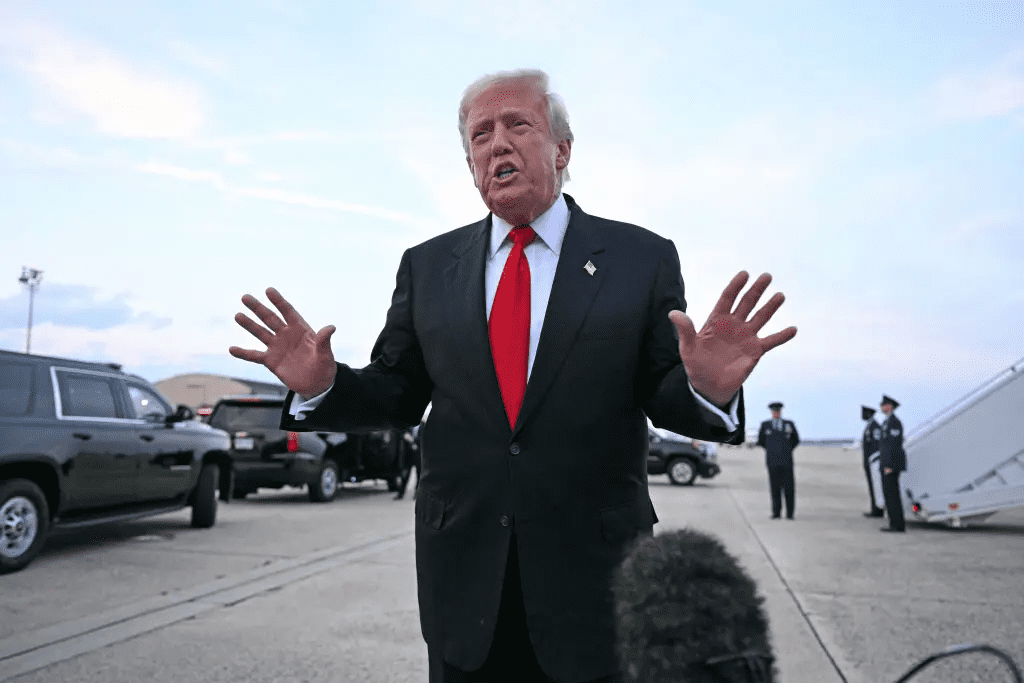
For Giuliani, the pardon represented much more than legal relief. He linked the move directly to alleged injustice, referencing the intense legal pressure placed on Trump-aligned figures after the 2020 election. He described the prosecutions as “the worst distortions of the American justice system in our history,” and said those who were indicted or charged were “regular people,” caught up in “a double standard.”
He also spoke of the personal consequences he endured: law licenses suspended in both New York and Washington D.C., bank account freezes, bankruptcy and a steep fall from national prominence. But now, in his own words, “I’m no longer bankrupt,” pointing to a podcast, paid speeches, and public appearances as part of his comeback.
Giuliani gave the New York Post unique insight into his mindset. He invoked the story of the Post’s reporting on Hunter Biden’s laptop, claiming that the newspaper had been unfairly censored and targeted by federal authorities. The pardon attorney — Ed Martin — cited that censorship as further evidence of bias. Giuliani contends this vindicates his long-standing belief that media and government were aligned against voices outside the establishment.
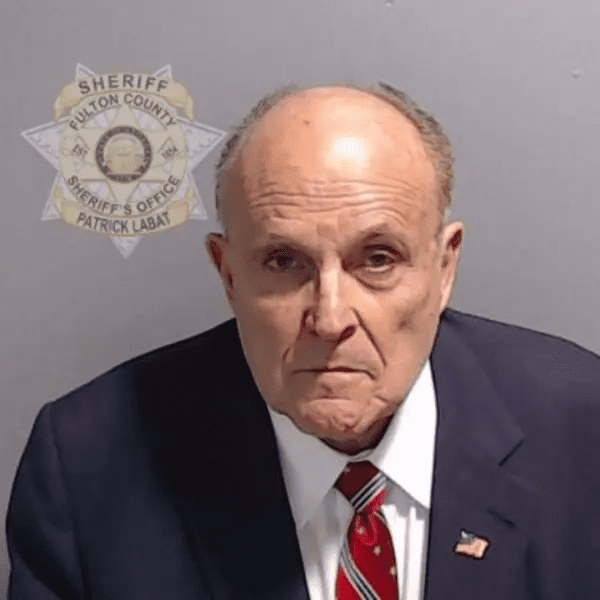
Because the pardon applies only to federal offenses, state charges—particularly those in Georgia and Arizona—remain unresolved. Giuliani said he plans to pursue lawsuits against state prosecutors, accusing them of violating his constitutional rights. He framed this next phase as a fresh battle in his quest for vindication.
One notable context: this pardon from Trump comes amid a broader surge of executive clemency issued by the administration. According to Reuters, the White House described the action as part of “national reconciliation,” a phrase used in the official proclamation.
For supporters of Trump, the move underscores loyalty rewarded — an aide who stood by the former president during his most controversial period now restored, his rights secured, and reputation partially rehabilitated. For critics, it raises questions about justice, equal treatment under the law and the boundaries of presidential clemency. Legal scholars note that while the power of the pardon is broad, the message sent by such high-profile moves is symbolic and fraught.
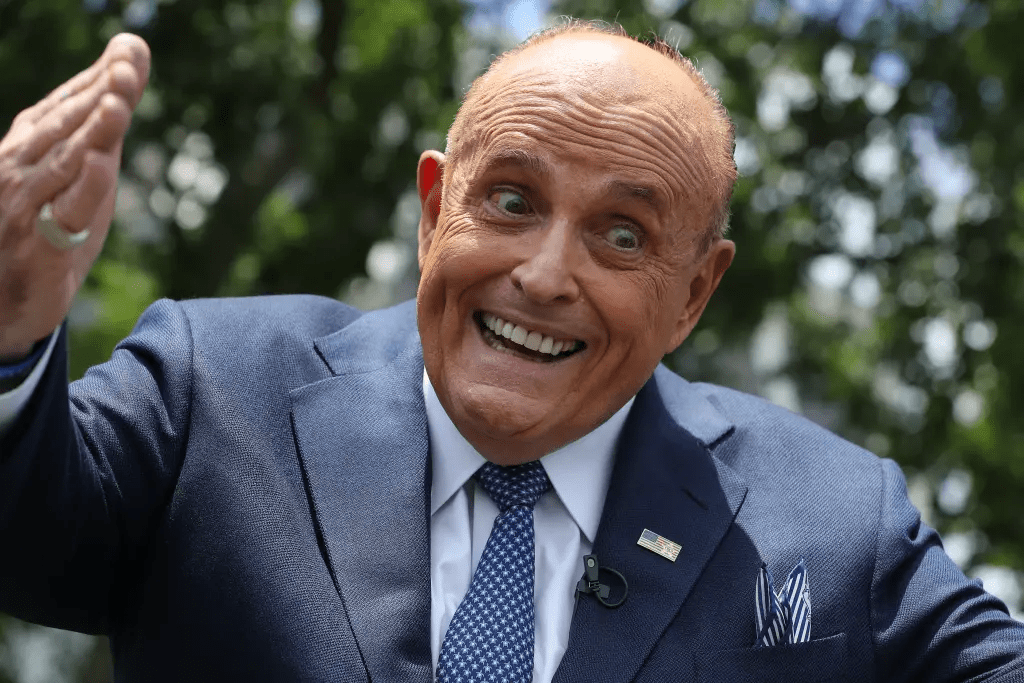
In the midst of it all, Giuliani found himself again back in the spotlight, not for political leadership or legal advocacy, but for being the recipient of one of the most talked-about pardons in recent history. His remarks and interview play directly into the narrative of partisan justice and political vindication.
The story of the pardon, the surprise, the media claims, the lawsuits ahead — all of it paints a picture of a man who sees himself as both wronged and restored. Giuliani’s journey from “America’s mayor” to disbarred attorney and now pardoned political figure is dramatic. The announcement of the pardon came in the wake of other high-stakes decisions by the Trump Justice Department, signalling a new era of executive power and loyalty.
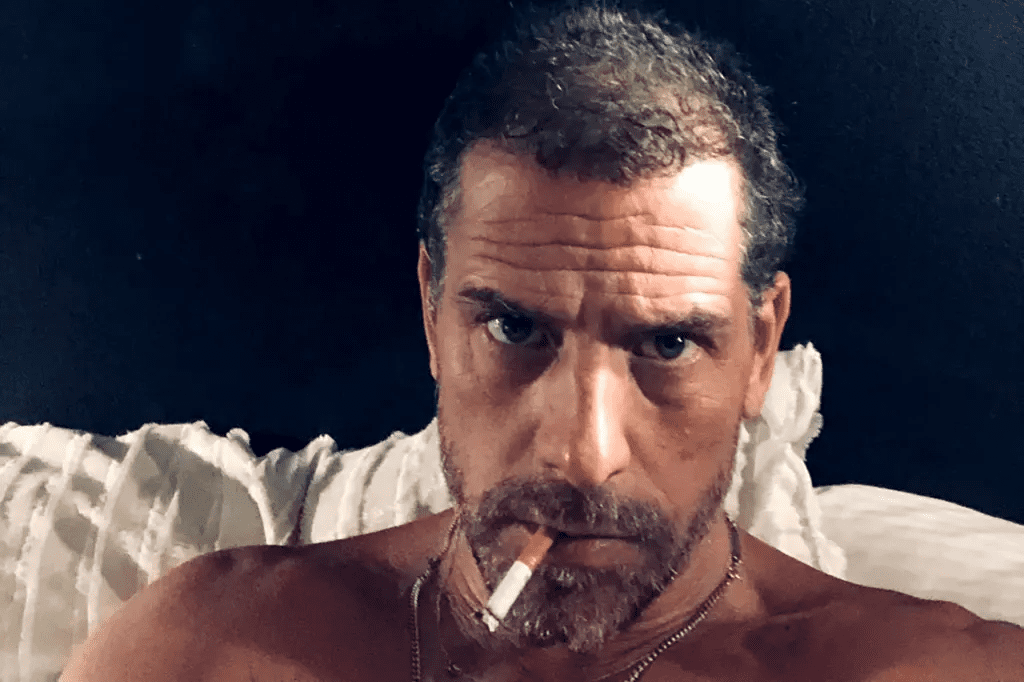
Whether Giuliani’s lawsuits succeed or falter remains to be seen. Whether public perception shifts or remains divided also remains uncertain. But one thing is clear: the pardon has reignited conversations about who gets mercy, who gets prosecution, and how the system of American justice handles political actors when the stakes are highest.
